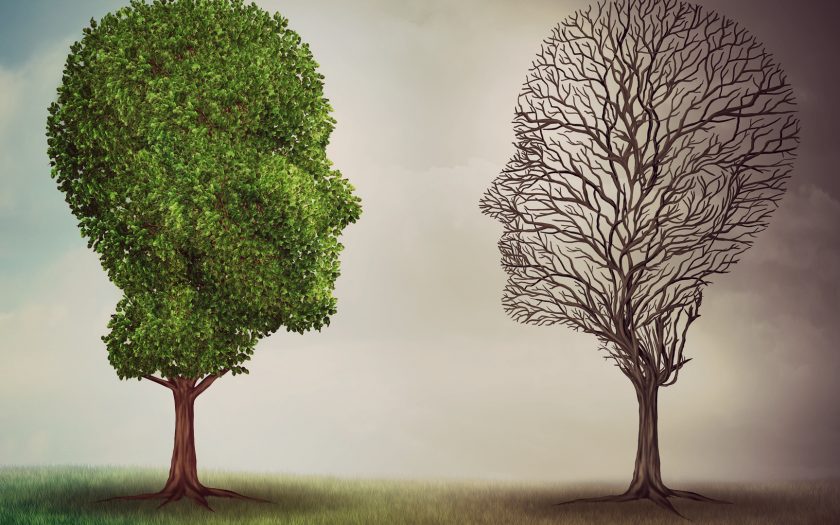Talk to loved ones.
Ask questions about their health and say that you are ready to help. Speak slowly and not loudly. The main thing in the conversation is to be patient and calm.
Study information about this disease.
The more you learn, the easier it will be to help your loved one. You can seek the help of a specialist to understand what kind of disease it is.
Recognize the “warning signs” of approaching mania.
It will be very useful to know the “warning signs” of changes in the health of your loved one. Thus, knowing a person’s behavior, you can come to the rescue in time. Common signs of mania include:
- increased energy;
- less sleep;
- more active spending of money.
There may also be more individual symptoms, such as eating habits or social behavior. The manic phase can be triggered by certain triggers. Here are the most common:
- somatic diseases;
- sleep disorders;
- physical or emotional abuse.
Be prepared for manic episodes of loved ones.
It is worth tracking actions that can help and make a list of these actions. When a person is feeling well, try to discuss what exactly helps him to restore a good mood.
Discuss the behavior of your loved ones.
Do not be afraid to ask and discuss human behavior in a given situation.
It’s good to talk about it, but you need to find the right time to do it, because in this state a person can become rude or aggressive. When the manic-depressive phase is over, offer to talk calmly about what worried him during this period.
Avoid complete control when communicating.
It is very important to support the person, but not to control. Constant communication, respect and acceptance of each other’s feelings help to maintain balance in the relationship.
Keep calm and provide comfort.
Provide support without denying the perception of the reality of loved ones. Comfort and care can help a loved one feel meaningful. Avoid conflicts, as this can lead to aggression in the sick person.
Offer to undergo medical treatment.
With severe bipolar disorder, mania and depression can be stopped only by consulting a specialist. You can find a good doctor and make an appointment. For most patients with bipolar disorder, it is realistic to choose a treatment regimen that will be effective (e.g. Depilox or Divaa).
You can make a list of specific examples of anxious behavior in advance. This will help the specialist to find a solution to the problem faster. With proper therapy, a person can quickly get into a normal rhythm of life.
Take care of yourself.
Taking care of a loved one can lead to mental health problems. You need to remember that you also need to take care of yourself. Because when you’re emotionally drained, you can’t help anyone.
Add a little humor to your relationship.
Humor can heal, and this is a fact confirmed by scientific research. Laughter relaxes and can help relieve anxiety and even chronic pain.
In addition, humor helps to communicate and maintain good relationships between people.

